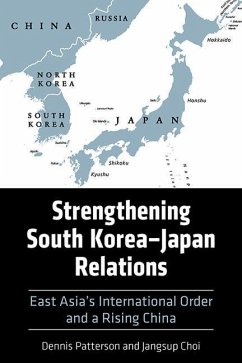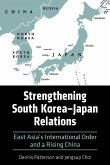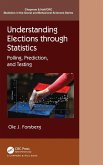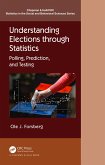"At the conclusion of WWII, no part of the world experienced a more dramatic transformation than East Asia. The region's political stability throughout the postwar period prompted exponential economic growth that ultimately established South Korea, Japan, and China as East Asia's most important powers. While many citizens of these nations now live in a time of unprecedented prosperity, the arrangement that supported this region's transformation is fragile. With the second largest economy and a burgeoning military sector, China is widely acknowledged as the preeminent rising world power. The onus of maintaining balance in the region now rests primarily with South Korea and Japan in partnership with the United States. However, because of long-standing weaknesses in South Korea-Japan relations and an inconsistent US commitment to the region, the possibility that China could usher in a more uncertain era of revisionism has never been more likely. In Strengthening South Korea-Japan Relations: East Asia's International Order and a Rising China, Dennis Patterson and Jangsup Choi address the historical roots of this weak alliance. Combining decades of research with current public opinion data, the authors warn that the tendency of these nations to rely on the United States to maintain the status quo has become dangerously unstable. A new strategy, one of cooperation and collaboration, is needed to prevent China from upending the region's current liberal international order"--
Hinweis: Dieser Artikel kann nur an eine deutsche Lieferadresse ausgeliefert werden.
Hinweis: Dieser Artikel kann nur an eine deutsche Lieferadresse ausgeliefert werden.








